
(The following passage on food photo sharing contains 38 GRE words. If you find it difficult to understand, read through the explanation of the meanings of the words (given with illustrative sentences) and then reread the passage.)
The food photo sharing phenomenon (or what you might call the visual department of gastronomy) is in full swing. New tools such as Foodspotting and Eat.ly are constantly proliferating. Add in the photo-handling capabilities of sites like Foursquare and it’s no surprise that the “eat and tweet” trend has inundated social media feeds. Interestingly enough, this flood of food images is being engendered not just by gourmands or even specialist food sites, but ordinary philistines like you and me who have no expertise in food beyond our own pedestrian predilections. Showing – not just telling – others what you’re eating is becoming mainstream. So is vicariously enjoying others’ food. Why is everyone suddenly so keen to snap their snacks (and gorge on images of the food that others eat)? Does this simply reflect a universal human desire to share things that gives us pleasure? Is it showing off or, is it a drive to gain status? What is the genesis of this new drive? And how is it changing our approach to food and eating?
 There are lots of theories about why people like to share pictures of food. Some experts suggest it’s because eating is one of society’s most essential communal activities, and sharing food photos is the next best thing to convivial experience of eating together. Others speculate that food photos allure us because we have always started a meal by ‘eating with our eyes’, preparing ourselves for the actual culinary experience by savoring its visual aspects first. Others still, conjecture that food has become something of a status symbol, and sharing a photo of a meal, particularly from a buzz-worthy restaurant, is as much about establishing one’s place in the social media hierarchy as it is about documenting what we ate today.
There are lots of theories about why people like to share pictures of food. Some experts suggest it’s because eating is one of society’s most essential communal activities, and sharing food photos is the next best thing to convivial experience of eating together. Others speculate that food photos allure us because we have always started a meal by ‘eating with our eyes’, preparing ourselves for the actual culinary experience by savoring its visual aspects first. Others still, conjecture that food has become something of a status symbol, and sharing a photo of a meal, particularly from a buzz-worthy restaurant, is as much about establishing one’s place in the social media hierarchy as it is about documenting what we ate today.
The interesting thing about food photography is that it combines two subjects that really resonate with society as a whole: food and culture. Meals, for example, are often a time when people come together to celebrate life and human relationships. So, a food photographer is a visual food anthropologist. It’s not just about the food on the plate; it’s also about the context: the moments, the connections, the scenes, the places, the stories. Think about how people relate to food and what connects them to it. Some of the most interesting photographs come out of this relationship. Mobile phones and social media are at the heart of the food image vogue because social media provide the space where a lot of us document and curate our lives and, mobile phones allow people to capture and share their experiences wherever they are. A new element has enlivened the routine of dining: snapping photos of your meal before you eat is now becoming commonplace in places ranging from the fanciest restaurants to your local café and even in less reputable dives.
Of course, filtered photos of food are no surrogate for the experience of the meal itself: they cannot replace the aromas and sensations of preparation and consumption or, the conversations that take place at the table. As for the snaps themselves – these are merely the yeast with which we leaven the pleasures of the Net. Now that’s food for thought!
 1. gourmets (noun): people who are experts in food and wine (often contrasted with gourmands – see below) “He’s very easygoing about everything else, but where food is concerned, he’s a gourmet, eating only the best he can afford.”
1. gourmets (noun): people who are experts in food and wine (often contrasted with gourmands – see below) “He’s very easygoing about everything else, but where food is concerned, he’s a gourmet, eating only the best he can afford.”
2. gourmands: people who enjoy eating fine food and often eat in excess (for the gourmet quality is the important thing; for the gourmand quantity is more important than quality): “He’s a typical gourmand and is quite capable of finishing off two whole tandoori chickens all by himself.”
3. phenomenon (noun): an observable thing or event; a remarkable or astonishing thing or person: “Tsunamis used to be a rare phenomenon, but in recent years they have become alarmingly frequent.” “Nobody had any idea that this small-budget independent film would become such a phenomenon at the Oscars.”
4. gastronomy (noun): the pursuit of refined eating experiences; an appreciation of good food: “Gastronomy is one of the traits that separate humanity from the animals.” “As a lover of fine food, I believe that any man who knows nothing of gastronomy does not deserve to be called civilized.”
5. proliferating (from the verb proliferate): multiplying; increasing in number: “During the nineties, call centers were rapidly proliferating in Mumbai and Bengaluru.” “NGO’s do not seem to be proliferating at the same rate as they were a few years back.”
6. inundated (verb): flooded with something; poured into (something) in great quantity: “After the storm, an underground pipe burst and inundated our housing society with drain water.” “When they heard the news of my mother’s death, my friends and family inundated my inbox with condolences.”
7. engendered (from the verb engender): given birth to; produced; created: “Hailstorms are engendered by atmospheric conditions that used to be rare in this part of the world but have recently become quite common.” “The current mood of anger against government and corporate corruption was engendered by a wave of scandals in recent years.”
8. philistine (noun): someone who lacks higher culture; an ignorant, crude and unrefined person: “She is a well-read person, but she’s very lonely because her husband is a philistine who does nothing but watch the idiot box and play video games.” “He’s such a philistine that he thought that Satyajit Ray’s notable film ‘Apu Samsaar’ was a Salman Khan film.”
9. expertise (noun): a high level of knowledge and skill in a particular domain: “The professor declined to supervise my PhD because her expertise was in a slightly different domain.” “Although he was the president of a major computer manufacturer, he had no expertise in programming.”
10. pedestrian (adjective): commonplace; ordinary; unexceptional: “All the reviews of the film were extremely positive, but I found it pedestrian.” “As a singer he is pedestrian, but as a guitarist he is really extraordinary.”
11. predilections (noun): preferences; likings: “His fatal heart attack was the result of his lifelong predilection for ghee-rice.” “Our dear old dog Nandi had a predilection for chasing cars which ultimately led to his death.”
12. mainstream (adjective): commonplace; conventional: “Twenty years ago, almost no one had a mobile phone; now they have become so mainstream that even labourers have them.” “Once, only village people and goondas got tattoos, but in recent years they have gone mainstream, and now any college student or housewife might have one.”
13. vicarious (adjective): done or experienced indirectly or through a substitute: “This video game gives you the vicarious experience of being a fighter pilot in Afghanistan.” “Today I used Bing Maps to take a vicarious walk through the streets of Tokyo.”
14. keen (adjective): eager; enthusiastic: “I have to admit that I’m not very keen to accept his lunch invitation: I find his company so boring that I have difficulty staying awake.” “I have always been very keen on horror films: I’ve seen about thirty in the last year alone.”
15. gorge (verb, always in the phrase gorge on): to eat a huge quantity of something (also figuratively): “On Saturdays I stay at home and gorge on chivda while reading vampire novels.” “On Saturdays I stay at home and gorge on vampire novels while eating chivda.”
16. universal (adjective): occurring everywhere; valid for everyone and everything: “The Canadian government provides universal health care coverage.” “A universal dengue vaccination would totally eliminate the disease within a generation.”
17. genesis (noun): origin; birth; beginning; process of coming into being: “Today, the world is witnessing the genesis of a new political world order.” “The American space program owed its genesis to the country’s military rivalry with Russia.”
18. communal (adjective): relating to a community: “Eating is the most basic communal activity.” “As a radical individualist, I have no interest in communal activities like festivals.”
19. convivial (adjective): characterized by collective happiness and enjoyment; relating to enjoyable group activities: “The convivial atmosphere of the wedding reception was ruined when the bride’s brother punched her new husband in the face.” “Even though he was generally a solitary man, he did look forward to convivial family occasions like birthdays, weddings, and holidays.”
20. speculate (verb): to guess on the basis of evidence: “Police speculate that the serial murderer may have known his victims personally.” “Environmental scientists speculate that global temperatures may have begun to rise not long after the beginning of the Industrial Revolution.”
21. allure (verb): do draw; to attract; to fascinate: “The fundamental principle of advertising is this: if an advertisement can allure the viewer’s senses, then he will remember the product.” “I didn’t want to accept the university’s job offer because I could see that it was not a first-rank institution, but they tried to allure me by telling me that it would be a permanent position.”
22. culinary (adjective): relating to cooking and food: “Among the things that most attracted her to him were his culinary skills.” “For me, the most memorable thing about our trip to Europe was the great variety of culinary experiences we had in the countries we visited.”
23. savor (verb): to attentively appreciate a positive experience, particularly a taste: “Just savor the feeling of a cold, sweet drink sliding down your throat on a hot summer’s day .” “I hate it when other audience members talk at concerts while I’m trying to savor the music.”
24. aspect (noun) one side or dimension of something: “Every aspect of a problem must be considered if an effective solution is to be found.” “Rightly understood, religion and science are two mutually complementary aspects of the same single, unified reality.”
25. conjecture (verb): to make an informed guess; to speculate about something known on the basis of known facts: “The detectives conjecture that the murderer must have thrown the murder weapon in the nearby river and fled on a train from the nearby station.” “Historians conjecture that the temple must be about one thousand five hundred years old.”
26. buzz (noun): chatter; excited discussion of a popular thing: “This popular new clothing store has generated a lot of buzz all over town.” “You can gauge the success of a new establishment by how much buzz it’s creating.”
27. hierarchy (noun): an ideal structure in which things are ranked in ascending grades of value: “Human beings have always tended to place themselves at the top of the hierarchy of living things.” “Within his first year at the company he was already getting promoted and climbing the corporate hierarchy.”
28. document (verb): to record in writing; to record with written or photographic evidence: “We have to document all our expenses on this trip so that the company will reimburse us.” “The photographs in this book document the story of India’s struggle for independence.”
29. resonate (verb): to be meaningful to someone; to make sense; to express feelings that reflect and bring out one’s own feelings on the subject: “The prime minister’s speeches, which paint an optimistic picture of a prosperous future for the country, resonate with the country’s ambitious youth.” “The story of his struggle to escape from poverty through education and hard work resonates with millions of poor people.”
30. anthropologist (noun): a scholar who scientifically studies human behavior: “An anthropologist must be a completely objective observer of human culture, and must never interfere in what he observes.”
31. context (noun): the situation and circumstances surrounding a thing; the “bigger picture”: “A biography cannot effectively tell the story of its subject’s life unless it also presents a full picture of the social context in which he lived.” “You can’t believe everything people say in the context of a heated argument.”
32. vogue (noun): craze; popular interest in a particular thing: “Italian cuisine is currently enjoying a vogue, but like all vogues it will soon pass and be replaced by another one.”
33. enliven (verb): to make something lively or interesting: “We can always count on the professor to enliven a dull party with his vast general knowledge and bizarre comments.” “Amir Khan briefly enlivens this otherwise boring film with a hilarious five-minute appearance.”
34. reputable (adjective): having a good reputation; respected: “No matter how smart you may be, if your degree isn’t from a reputable university you’ll have trouble finding a good job.”
35. dive (noun): a cheap, low-quality restaurant: “I love eating in this dive, but my wife thinks the place is so disgusting that she won’t even enter it with me.”
36. surrogate (noun): replacement; substitute: “For ensuring good health, there can be no surrogate for vigorous daily exercise.” “Saccharine was the first surrogate for sugar.”
37. aroma (noun): a smell (almost always in a positive sense): “I actually prefer the aroma of coffee to its taste.” “The aroma coming from the kitchen tells me that today’s supper is really going to be something special.”
38. leaven (verb): (said of yeast) to make bread “rise” when it is being baked; (figuratively) to make anything more lively or interesting: “He knows something about everything, and has the most interesting way of talking, so he’s always been the leaven of any get-together he attends.” “Novels were the leaven of my life during the four mind-numbing years I spent earning a bachelor’s degree in a subject I hated.”
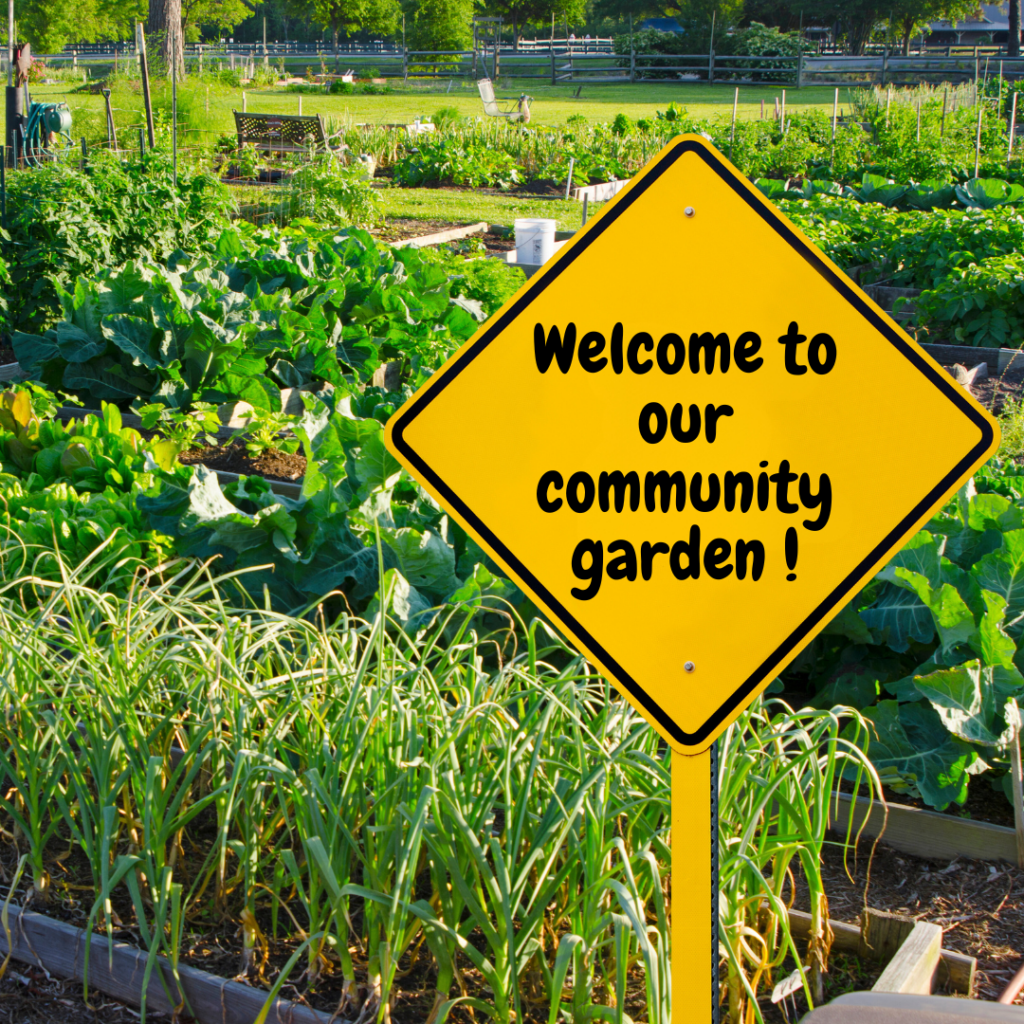



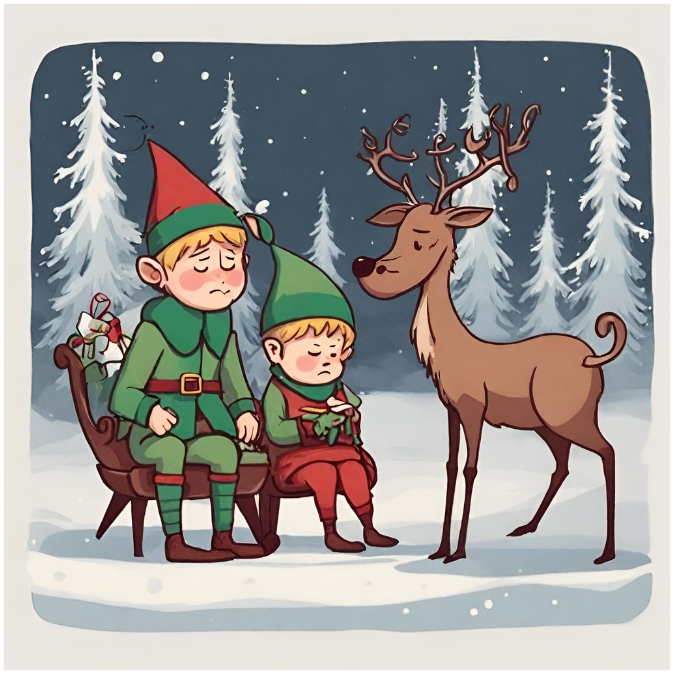
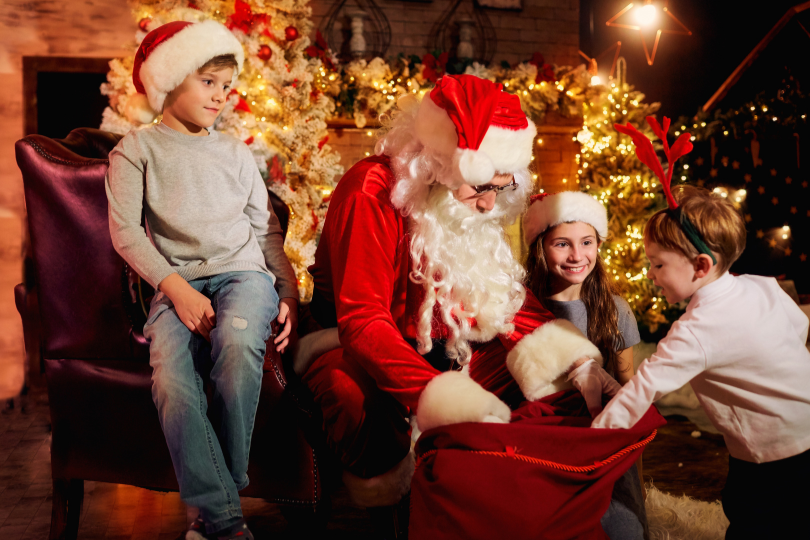
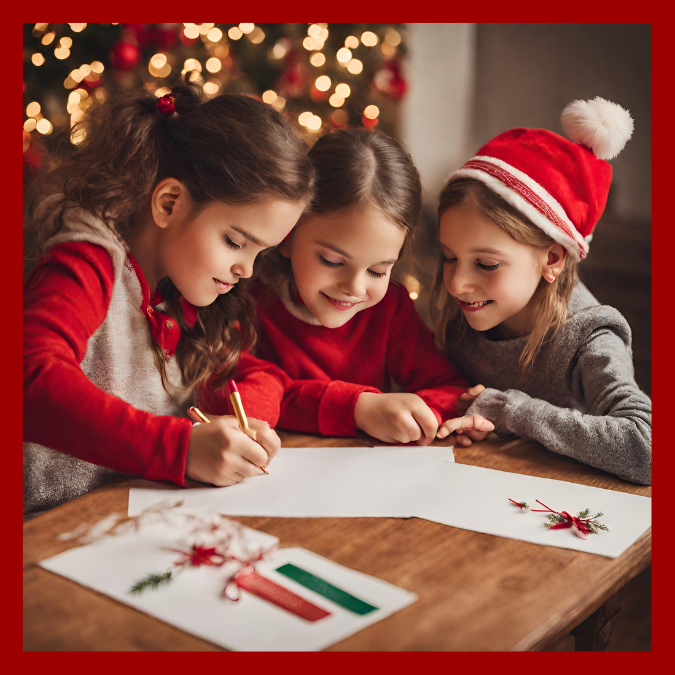
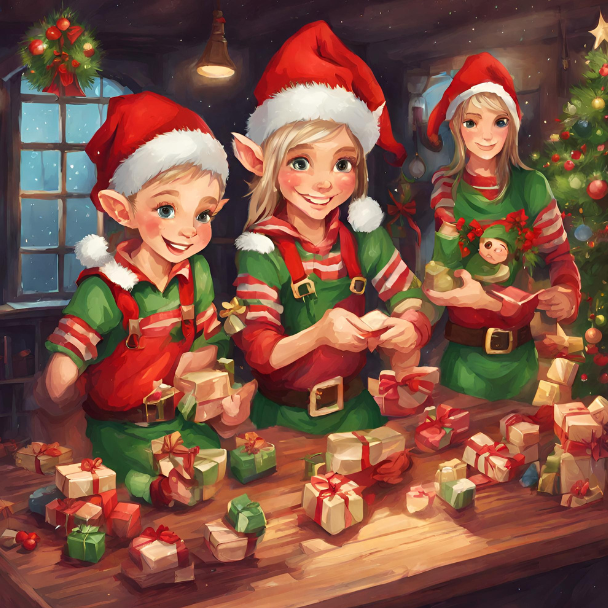


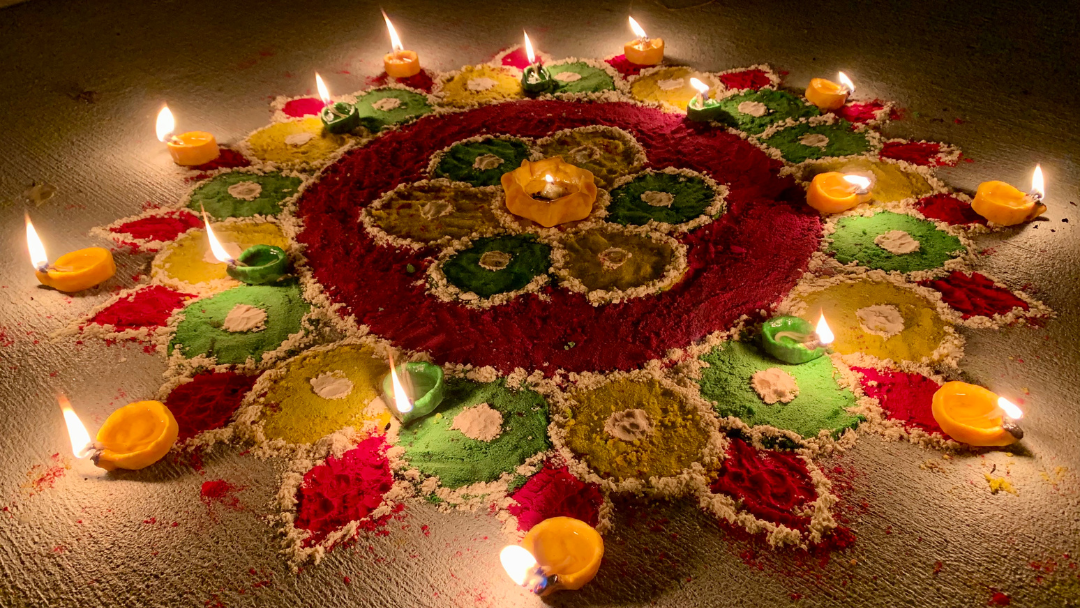
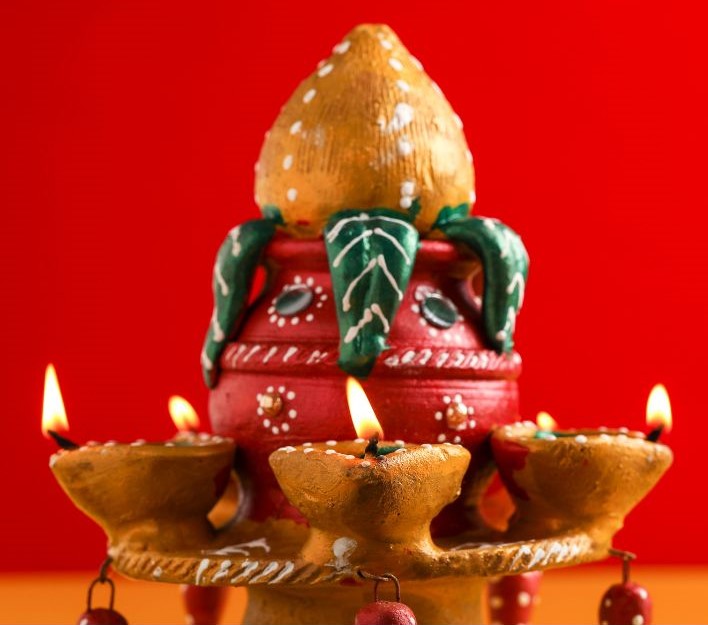
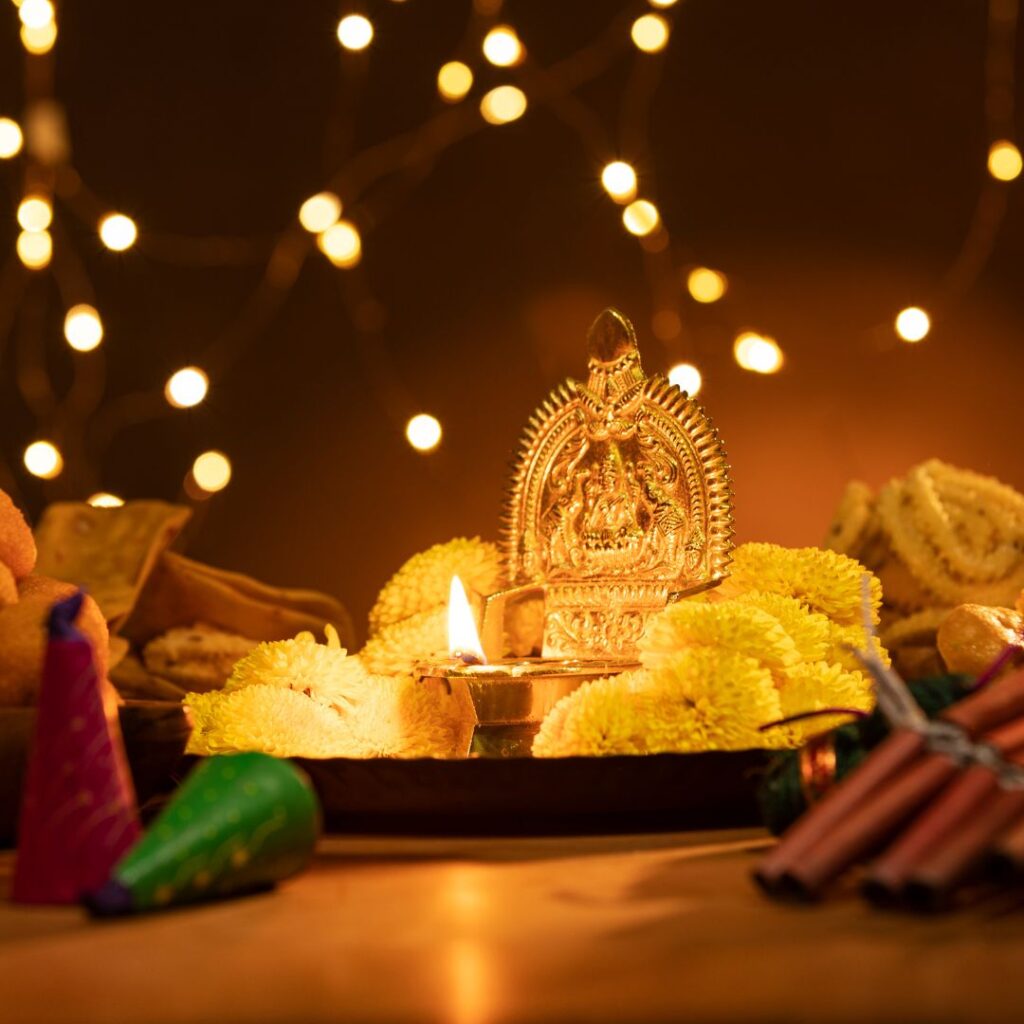
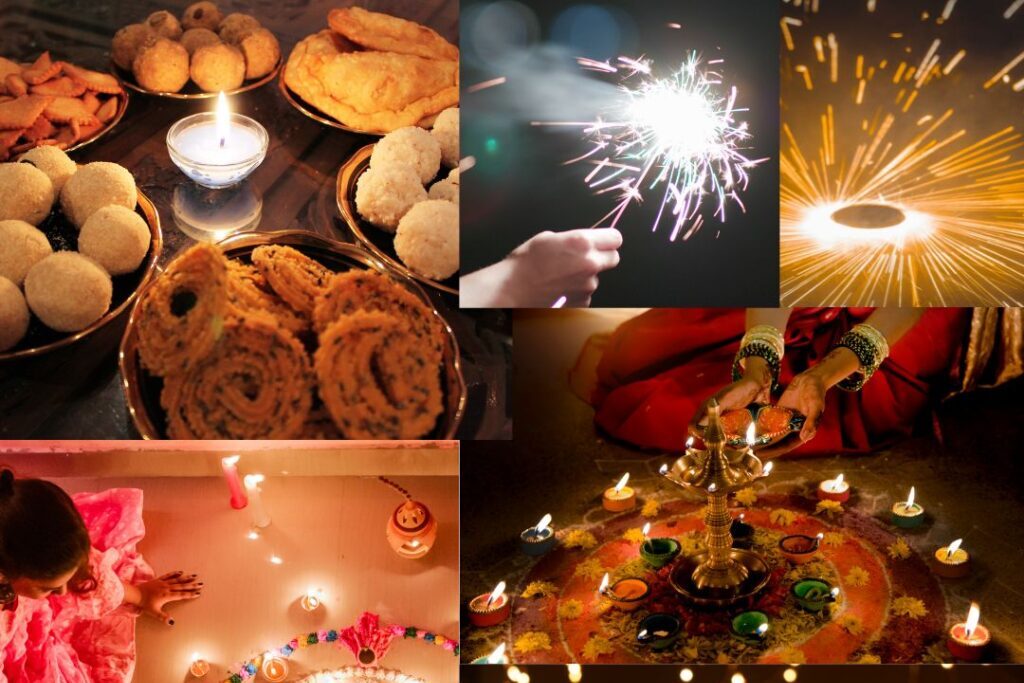
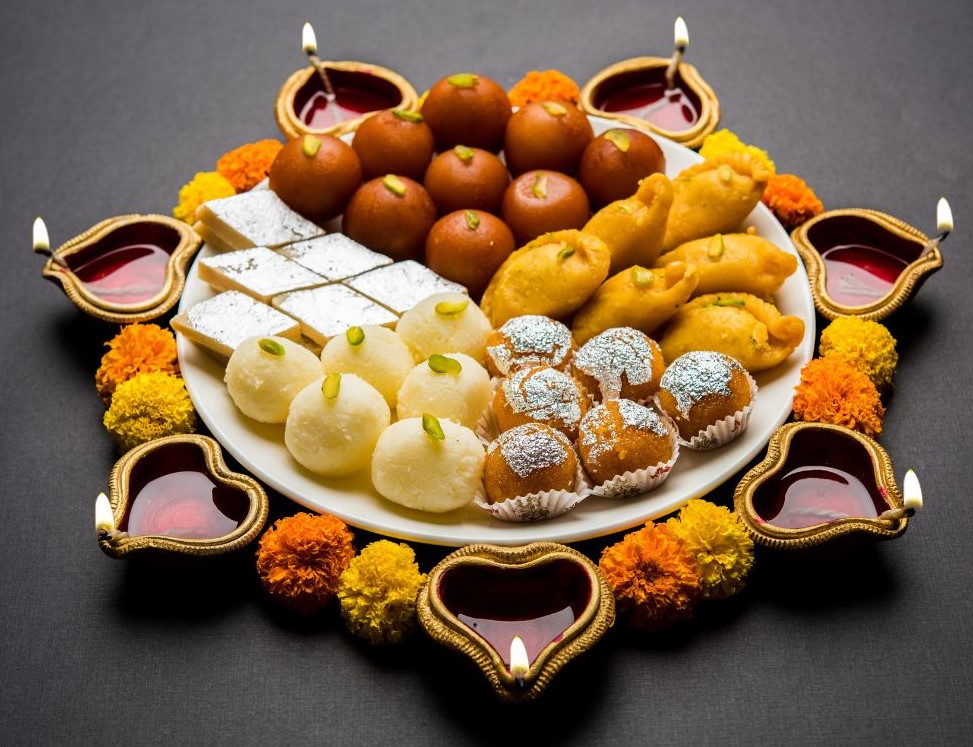
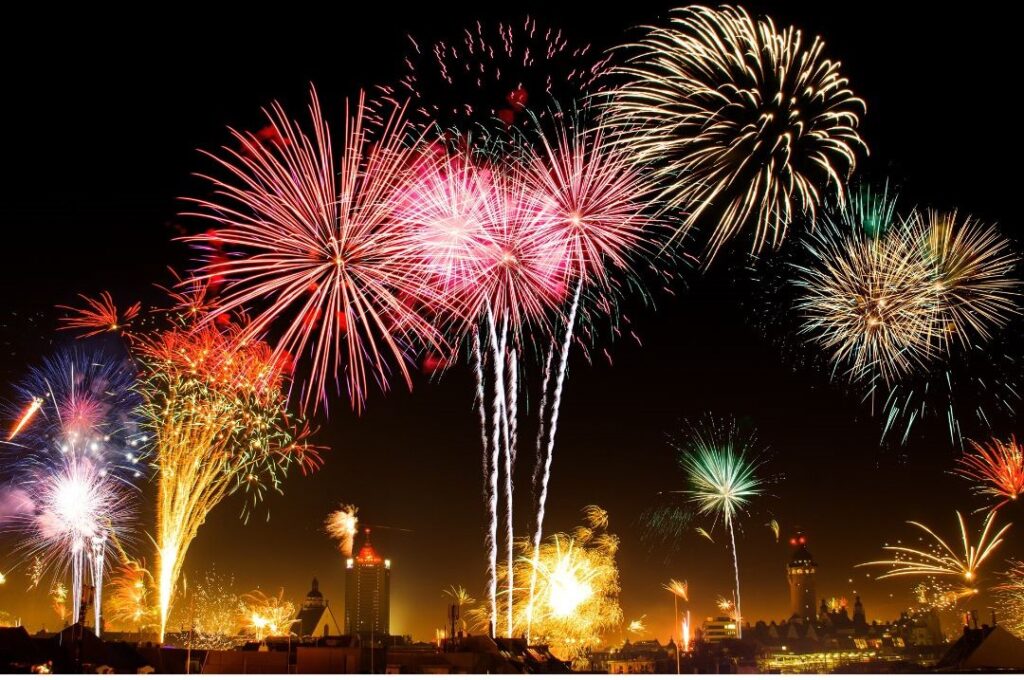

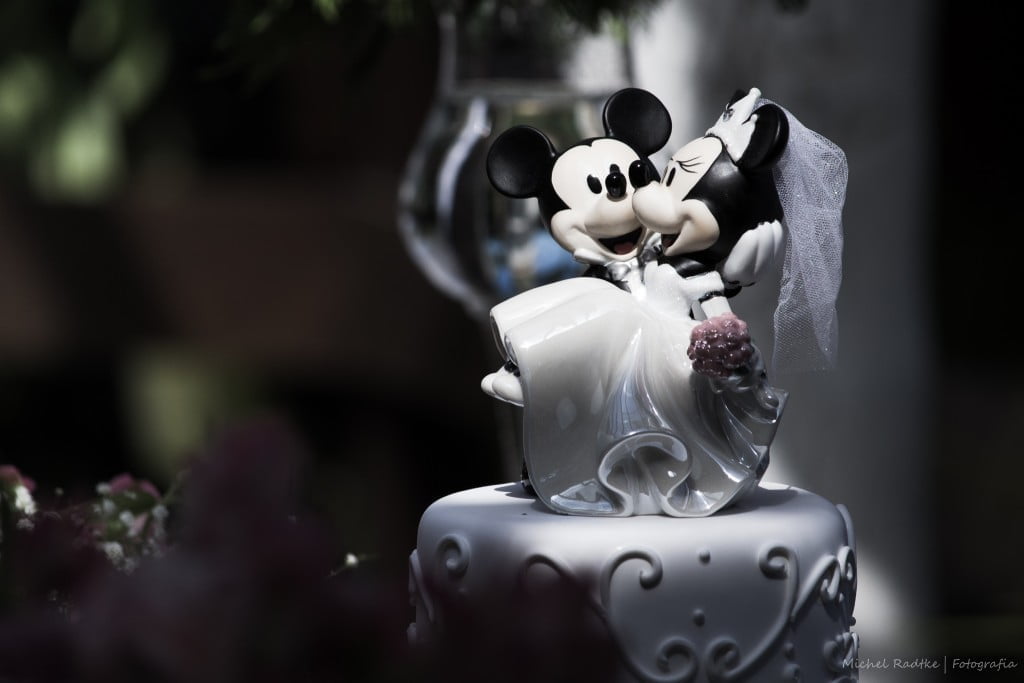
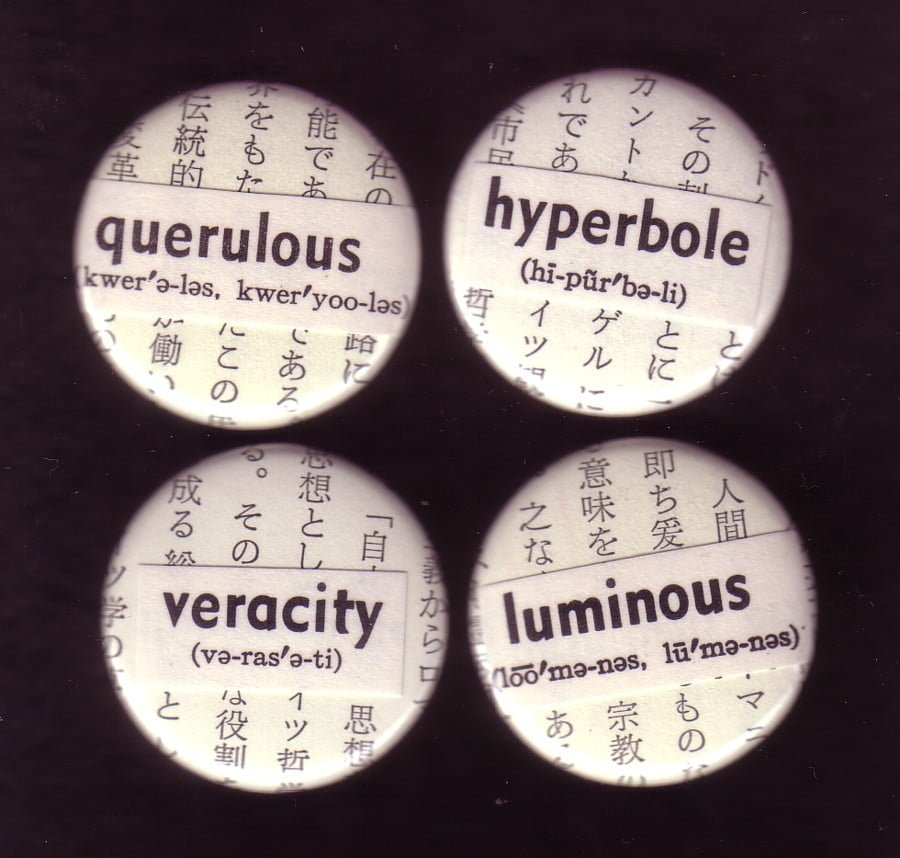





 If you found the last post on roots helpful, here are 2 more roots which cover 25 GRE words. For those of you who have come directly to this post, here’s a link that will help you understand why we are talking about roots so much:
If you found the last post on roots helpful, here are 2 more roots which cover 25 GRE words. For those of you who have come directly to this post, here’s a link that will help you understand why we are talking about roots so much: